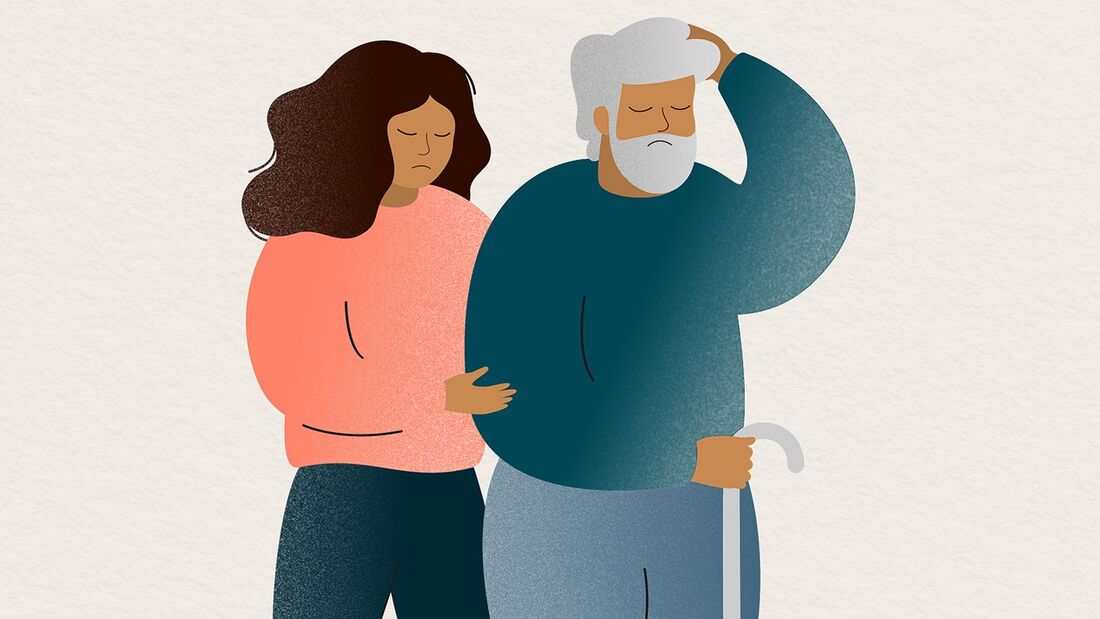|
Psychotherapy offers several advantages over medication for treating anxiety:
Scott F. Olds is a psychotherapist who is located in Arvada, Colorado. He offers a free 30-minute phone or video consultation. Appointments can be made by calling (303) 817-8369 or emailing [email protected]. The Relationship Between Sensitivity and Boundary Issues
Sensitive people are often more attuned to the emotions of others and their surroundings. This can be a gift, but it can also make it difficult to set and maintain healthy boundaries. Here are some of the reasons why sensitive people may struggle with boundaries:
Here are some of the ways that boundary issues can manifest in sensitive people:
If you are a sensitive person and you struggle with boundaries, there are a few things you can do to improve the situation:
It's important to remember that you have the right to set boundaries. You don't owe anyone an explanation for why you need to set a boundary. And you don't have to apologize for setting a boundary. Setting boundaries is a way of taking care of yourself and protecting your well-being. Here are some additional tips for sensitive people who struggle with boundaries:
Setting boundaries can be difficult for anyone, but it's especially challenging for sensitive people. However, it's important to remember that you have the right to set boundaries, and that doing so is essential for your well-being. Remember, seeking help is a courageous step towards a more balanced and fulfilling life. You don't have to face these challenges alone. If you're ready to embark on a journey of self-discovery, growth, and healthier relationships, I invite you to schedule a confidential consultation with me. Together, we can work towards a happier, more harmonious life. Take the first step towards healing today. Contact Scott Olds at (303) 817-8369 or email at [email protected] for a free and confidential evaluation by phone or video. Trauma is a deeply distressing or disturbing experience that can have a lasting impact on a person's life. It can affect a person's physical and mental health, their relationships, and their ability to cope with stress.
One of the ways that trauma can impact a person is by affecting their emotional intelligence. Emotional intelligence is the ability to understand and manage one's own emotions, as well as the emotions of others. When a person experiences trauma, they may develop unhealthy coping mechanisms that can damage their emotional intelligence. For example, a person who has experienced abuse may learn to suppress their emotions in order to cope with the pain. This can lead to difficulty identifying and expressing emotions, which can make it difficult to build healthy relationships and manage stress. Another way that trauma can impact emotional intelligence is by creating learned patterns of behavior. These patterns are often developed in childhood as a way to cope with the trauma. For example, a child who is neglected may learn to become self-reliant and independent. This pattern of behavior can be helpful in some situations, but it can also make it difficult to form close relationships as an adult. A psychotherapist can help a person who has experienced trauma to improve their emotional intelligence and break free from learned patterns of behavior. This can be done through a variety of techniques, such as:
By working with a psychotherapist, a person who has experienced trauma can learn to heal and rebuild their emotional intelligence. This can lead to a better understanding of themselves and their emotions, as well as the ability to build healthy and fulfilling relationships. In addition to the techniques mentioned above, a psychotherapist may also use other approaches, such as:
The best approach for a particular individual will depend on the nature of their trauma and their individual needs. A psychotherapist can help to assess the best approach and provide the support and guidance that the person needs to heal. If you or someone you know has experienced trauma, it is important to seek professional help. A psychotherapist can help you to understand and heal from the trauma, and to improve your emotional intelligence and break free from learned patterns of behavior. For help overcoming trauma, contact Scott Olds at (303) 817-8369 or email at [email protected] for a free phone or video evaluation. As a psychotherapist and in my personal life, I have seen firsthand the impact that shame can have on caregivers for the chronically ill. Shame can be a powerful emotion that can lead to feelings of isolation, inadequacy, and worthlessness. It can also make it difficult to ask for help or support.
There are a number of reasons why caregivers may feel shame. They may feel ashamed of the illness itself, or of the way it has changed their lives. They may feel ashamed of their own limitations, or of the things they have to do to care for their loved one. They may also feel ashamed of the financial or emotional burden that the illness has placed on their family. Shame can have a significant impact on a caregiver's mental and physical health. It can lead to anxiety, depression, stress, and burnout. It can also make it difficult to cope with the demands of caregiving. If you are a caregiver for a chronically ill loved one, it is important to remember that you are not alone. There are many other caregivers who are going through the same thing. You are not to blame for the illness, and you are not inadequate. You are doing the best you can in a difficult situation. If you are struggling with feelings of shame, there are things you can do to cope. First, it is important to talk to someone about how you are feeling. A therapist can help you to understand your shame and develop coping mechanisms. You can also find support groups for caregivers, where you can connect with others who understand what you are going through. It is also important to remember to take care of yourself. Make sure to get enough sleep, eat healthy foods, and exercise regularly. You should also make time for activities that you enjoy. Taking care of yourself will help you to be better able to cope with the demands of caregiving. If you are struggling with feelings of shame, please know that you are not alone. There is help available. Please reach out for support. Here are some additional resources for caregivers who are struggling with shame:
If you are struggling as a caregiver and need help, contact Scott at (303) 817-8369 or [email protected]. |
AuthorScott F. Olds, Psychotherapist Categories
All
Archives
February 2024
Call Scott at
|
Package Discount: Get a 4-session package for 10% off! Call for details.
I offer sessions in the office, in an open space (weather permitting), by phone, and by video sessions for your safety and convenience. Take a deep breath and give me a call at (303) 817-8369 or email me at [email protected].
Confidential: I am HIPAA compliant, so your privacy is protected.
Crisis Information: If you are in crisis, call Colorado Crisis and Support at 844-493-8255 or the national Suicide and Crisis Lifeline at 988 for 24/7 for help in an emergency. These lifelines provide free and confidential support for people in distress, prevention, and crisis resources for you or your loved ones.
(303) 817-8369
[email protected]
10960 W. 65th Way
Arvada, Colorado 80004
My office is in Arvada, Colorado.
Privacy Policy








